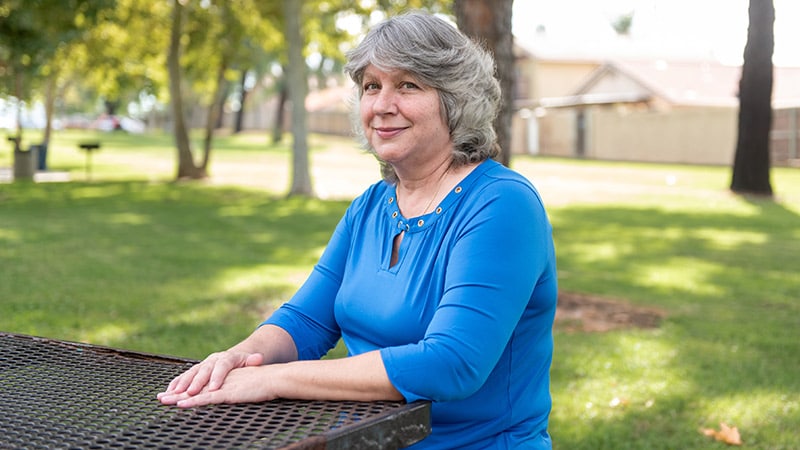Core Concepts
Early lung cancer detection through screening is crucial for improving survival rates and requires increased awareness and participation.
Abstract
Marcy Duncan, a breast cancer survivor, discovered her lung cancer by chance during treatment.
Low screening rates for lung cancer in the US lead to late-stage diagnoses.
Lung cancer screening guidelines are complex, hindering widespread adoption.
Early detection tools like CT scans and AI show promise in improving outcomes.
Challenges include accurate smoking history, patient compliance, and managing incidental findings.
Personal stories emphasize the importance of screening for both smokers and nonsmokers.
Catching a Killer
Stats
The U.S. Preventive Services Task Force recommends annual low-dose CT scans for older adults with a smoking history.
Only 5.8% of eligible adults received lung cancer screening in 2021.
Lung cancer kills about 127,000 people annually in the US.
80% of people with early-stage lung cancer can expect to live at least 20 years.
Only 22.3% of patients return for annual lung cancer screenings.
Quotes
"Thank God I had somebody with me. We were in shock — it was definitely shock." - Marcy Duncan
"Why should I look for a disease that's only going to kill me?" - Timothy Mullett, MD
"The knowing is better than the not knowing." - Marcy Duncan
Key Insights Distilled From
by Charlotte Hu... at www.medscape.com 11-09-2023
http://www.medscape.com/viewarticle/994495
Deeper Inquiries
How can healthcare providers improve patient education and awareness about the importance of lung cancer screening?
Healthcare providers can improve patient education and awareness about the importance of lung cancer screening by implementing targeted outreach programs. This can involve providing educational materials in clinics, hospitals, and community centers, as well as utilizing social media and other digital platforms to reach a wider audience. Additionally, healthcare providers can engage in one-on-one discussions with patients during regular check-ups to emphasize the benefits of screening and address any concerns or misconceptions. Creating support groups for individuals undergoing screening or treatment can also help raise awareness and provide a sense of community for those affected by lung cancer.
What are the ethical considerations surrounding lung cancer screening for nonsmokers at high risk?
When considering lung cancer screening for nonsmokers at high risk, ethical considerations come into play regarding issues such as equity, autonomy, and beneficence. It is essential to ensure that access to screening is equitable and that individuals at high risk, regardless of smoking history, have the opportunity to benefit from early detection and treatment. Respecting patient autonomy is crucial, as individuals should have the right to make informed decisions about their healthcare, including whether to undergo screening. Healthcare providers must also prioritize beneficence, acting in the best interest of the patient, by offering screening to those at high risk based on factors other than smoking history, such as family history or environmental exposures.
How can advancements in AI and other technologies revolutionize early cancer detection beyond lung cancer screening?
Advancements in AI and other technologies have the potential to revolutionize early cancer detection beyond lung cancer screening by improving accuracy, efficiency, and accessibility. AI tools, such as deep learning models, can analyze vast amounts of data from imaging scans and other sources to identify patterns and markers of cancer that may not be apparent to the human eye. This can lead to earlier detection of various types of cancer, not just lung cancer, and potentially increase survival rates. Additionally, AI can help personalize screening protocols based on individual risk factors, optimizing the use of resources and reducing unnecessary testing. Other technologies, such as liquid biopsies, offer minimally invasive methods for detecting cancer biomarkers in blood samples, providing a less invasive and more convenient option for early detection. By leveraging these advancements, healthcare providers can enhance early cancer detection efforts and improve patient outcomes across a range of cancer types.
0
More on Healthcare
